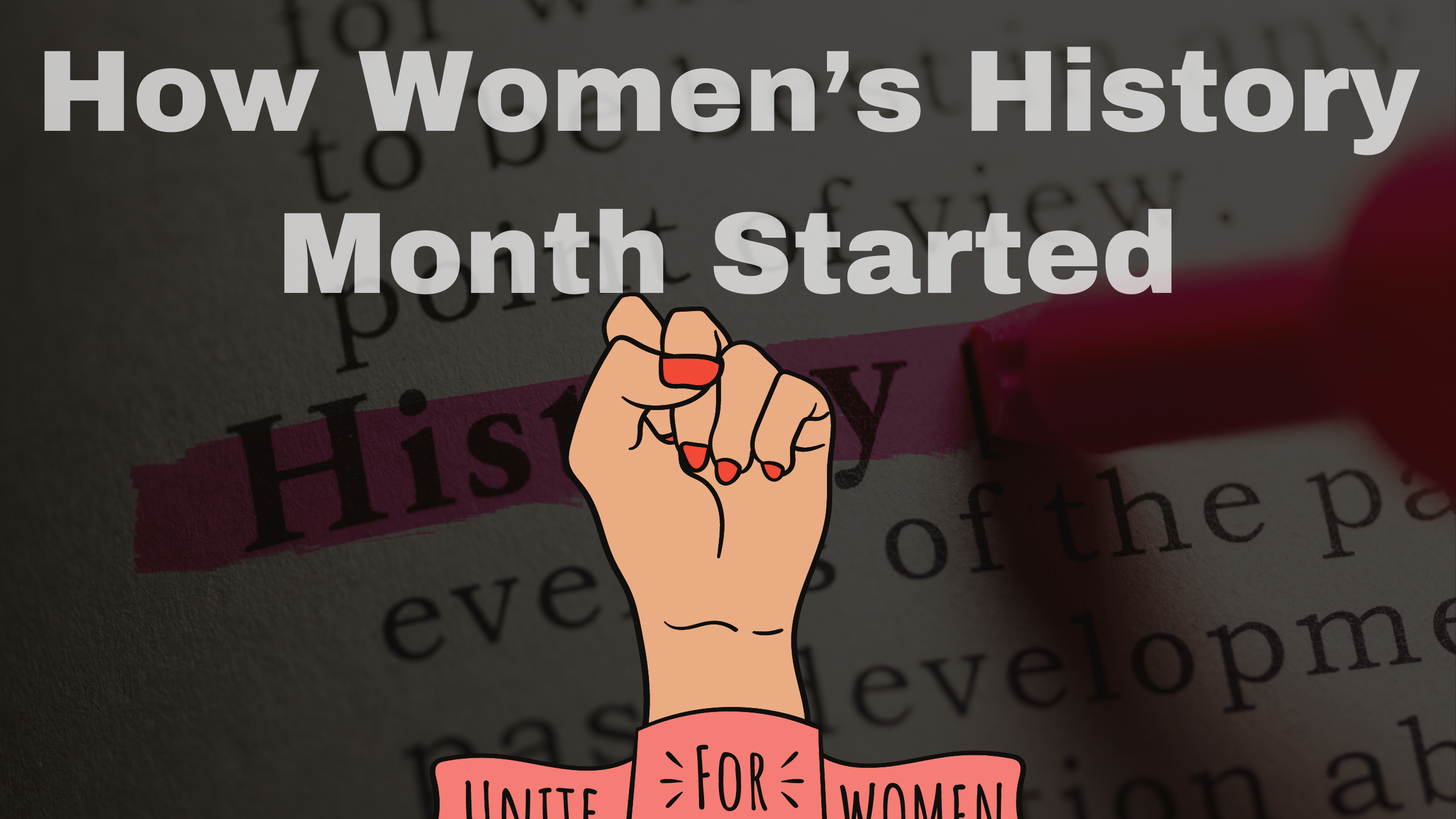Hey, Cougars, as we wrap up Women’s History Month, what better way to celebrate than with a little history lesson? This article will examine the origins of Women’s History Month, including the dates, the arduous work, and all the important people who helped to make Women’s History Month what it is today. Take note, Cougars, and join me for a nostalgic trip down memory lane!
Beginning in March of 1978, Women’s History Month then became Women’s History Week, thanks to the efforts of the Education Task Force of Sonoma County in Santa Rosa, California. Women’s History Week was initiated by this community. The week of March 8th was chosen by the organization to coincide with International Women’s History Day.
The organization saw several different communities around the world join the celebration the following year, as they organized their own Women’s History Week to honor the women in their communities. Two years later, in 1980, another organization, the National Women’s History Project (now known as the National Women’s History Alliance), a group of women historians, was successful in obtaining national recognition for the holiday.
From then on, Women’s History Week reached a new high point, when in February of 1980, President Jimmy Carter signed the first presidential proclamation designating the week of March 8th as National Women’s History Week. Women’s History Month was celebrated annually around the world for about 8 years, but in 1987, Women’s History Week was officially declared Women’s History Month.
Since 1995, each president has issued an annual proclamation declaring March to be Women’s History Month. Forward to today, when the National Women’s History Alliance publishes a yearly theme that corresponds to Women’s History Month. The Women’s History Month celebration was sadly halted in 2020 due to the pandemic but resumed in 2021.
The theme for the month of 2022 is “Providing Healing, Promoting Hope,” and it is all about honoring the courageous frontline workers, caregivers, and first responders. This theme arose because of the many women all over the world providing both hope and healing to millions of families during the pandemic. Normally, the National Women’s History Alliance chooses national honorees, but this year they are encouraging people across the country to recognize women in their communities.
Cougars, there you have it! That is how Women’s History Week evolved into Women’s History Month. We can now celebrate the selfless women who have helped shape history on an annual basis thanks to the challenging work of those who helped turn this regional celebration into a national holiday.
If you want to do some individual research on the origin of Women’s History Month you can visit the National Women’s History Alliance website at https://nationalwomenshistoryalliance.org/.

